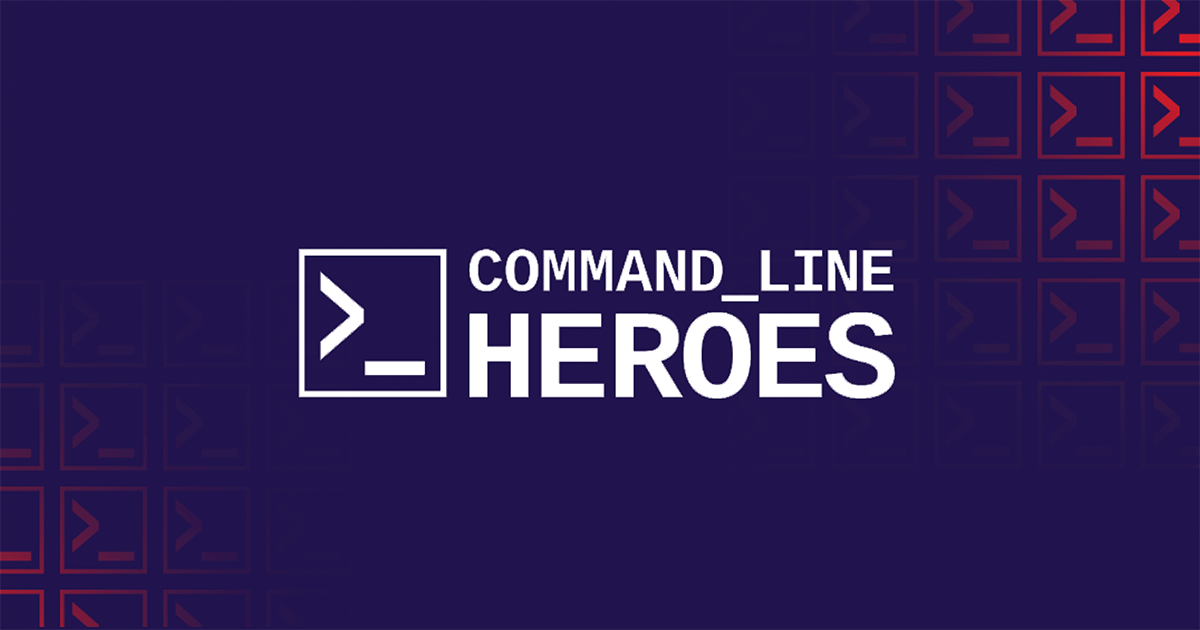
Days of Future Open | Command Line Heroes
Command Line Heroes • • Days of Future Open | Command Line Heroes
Days of Future Open | Command Line Heroes
About the episode
Imagine a world where open source never caught on, where no one thought it'd be a good idea to make source code available to anyone. In this episode, we imagine this bizarre possibility. And we celebrate the open source tools and methodologies that got us where we are today.
Join us as we wrap up Season 1, an almost 30,000-foot view of how the open source world came to be. Next season, we're zooming in and focusing on the epic struggles of today's command line heroes.
Subscribe
Subscribe here:
Transcript
About the show
Command Line Heroes
During its run from 2018 to 2022, Command Line Heroes shared the epic true stories of developers, programmers, hackers, geeks, and open source rebels, and how they revolutionized the technology landscape. Relive our journey through tech history, and use #CommandLinePod to share your favorite episodes.



